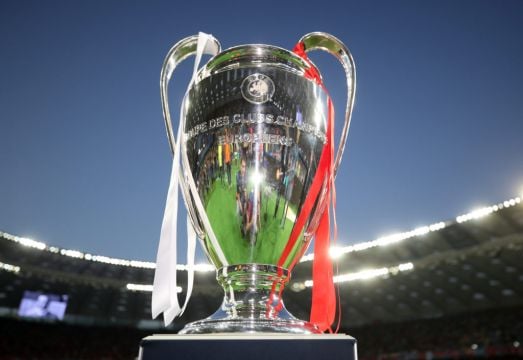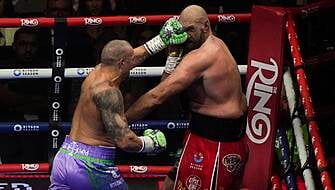Uefa’s plan for a revamped 36-team Champions League will be discussed on Monday, with its executive committee expected to agree the controversial proposal.
The new format, which is set to start in 2024 and run until at least 2033, moved a step nearer on Friday following meetings between the European Club Association board and Uefa’s club competitions committee.
The so-called ‘Swiss model’ will see teams compete in one 36-team league – instead of the current system where 32 sides are split into eight pools of four – and guarantee each club 10 matches on a seeded basis.
🗣 “We demand that you drop your reckless plans.”
✍️ Fans’ groups from clubs on the @ECAEurope Board have written an open letter to chairman Andrea Agnelli opposing #UCL reforms. FSE has signed the letter & fully supports their stance. #StopUCLReforms pic.twitter.com/lY7BQwu65L— FSE - Football Supporters Europe (@FansEurope) April 16, 2021
Advertisement
The new format, which guarantees clubs four more games than in the current group phase, takes the Champions League from 125 to 225 matches and would create a huge headache for domestic schedulers.
EFL chairman Rick Parry says it would be a “major threat” to the Carabao Cup and the Football Association also wrote to Uefa to express its concerns.
Fans groups, including those from Manchester United and Arsenal, said in an open letter to ECA chairman and Juventus boss Andrea Agnelli, the plan to restructure the Champions League “present a serious threat to the entire game”.
The letter, signed by 17 fans’ groups from 14 teams whose clubs are in the ECA, including Ajax, Real Madrid, Bayern Munich and Borussia Dortmund, said it was a “blatant power grab” and would “wreck domestic calendars”.

The new format would see the league’s top eight qualify automatically for the last-16 knockout stage, with the teams finishing ninth and 24th playing off for the remaining eight places.

Extra games would see the Champions League encroach into January – a month usually kept free for domestic club football – while the allocation of two of the extra four places to sides based on previous European performance has also proved controversial.
A team could still qualify for the Champions League based on ‘historic co-efficient’ as long as they did enough domestically to finish in a Europa League or Europa Conference League position.
Discussions over the commercial control of the competition are set to continue in the coming weeks.







